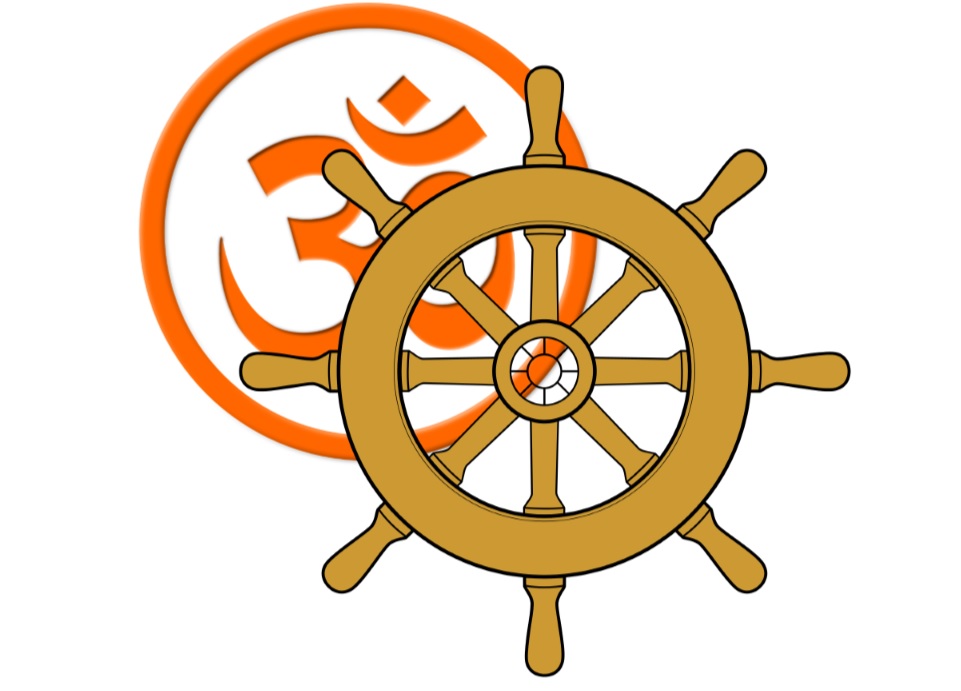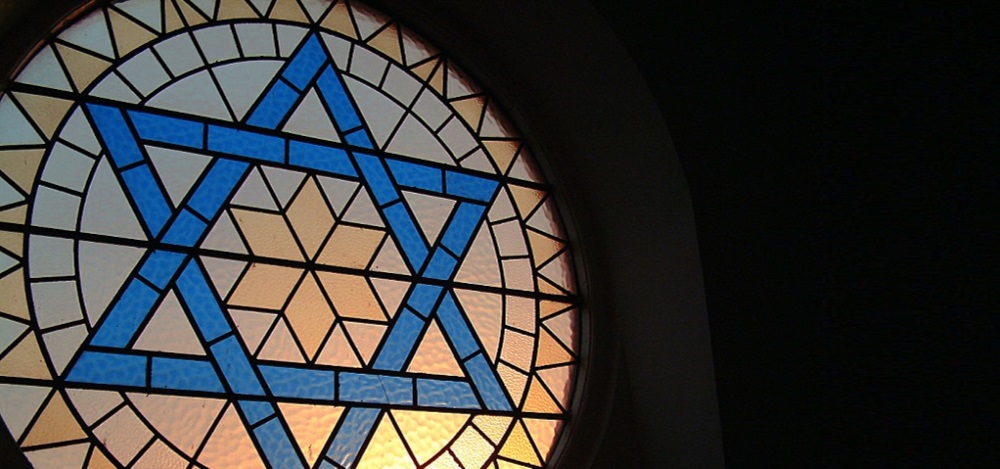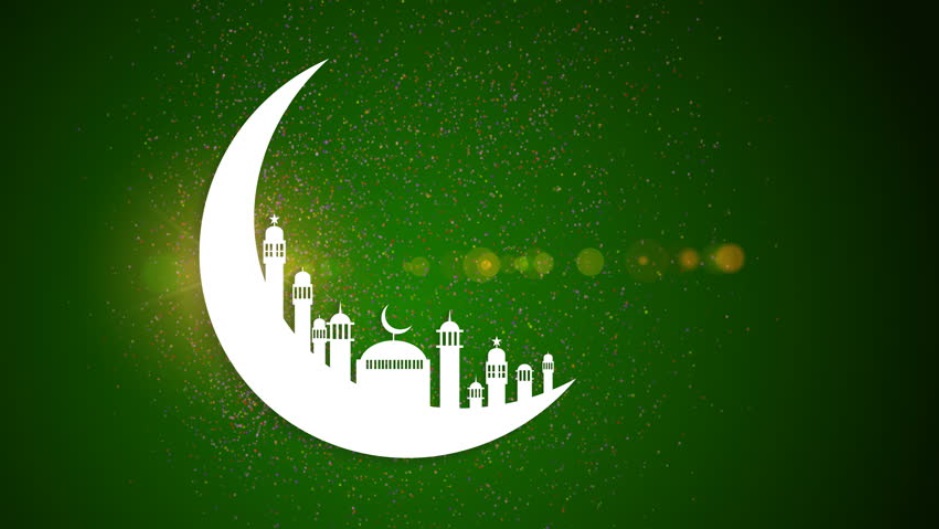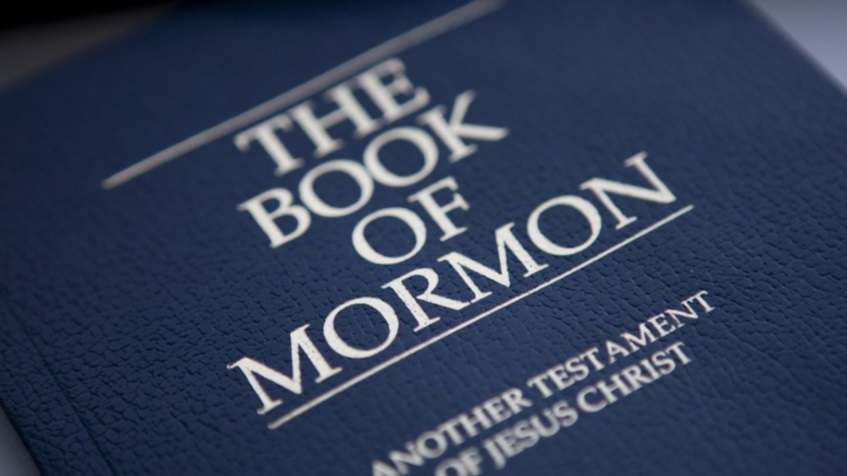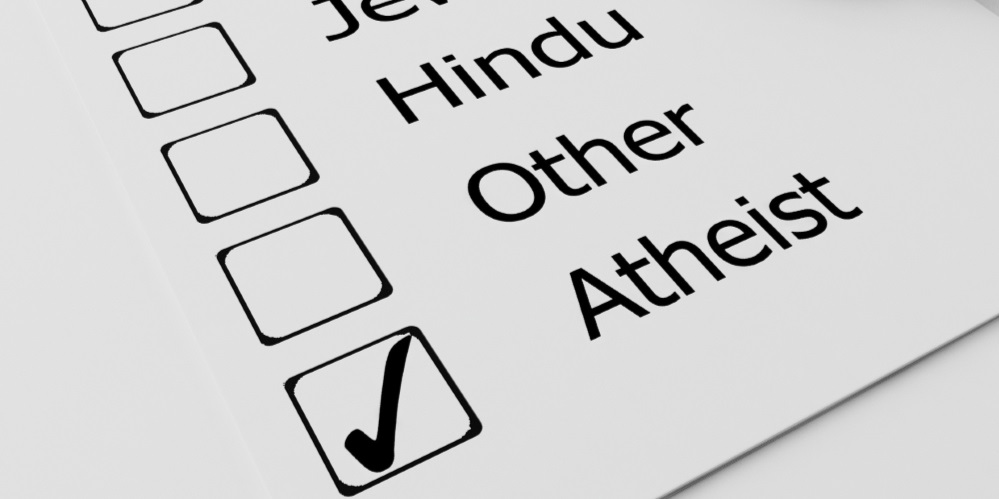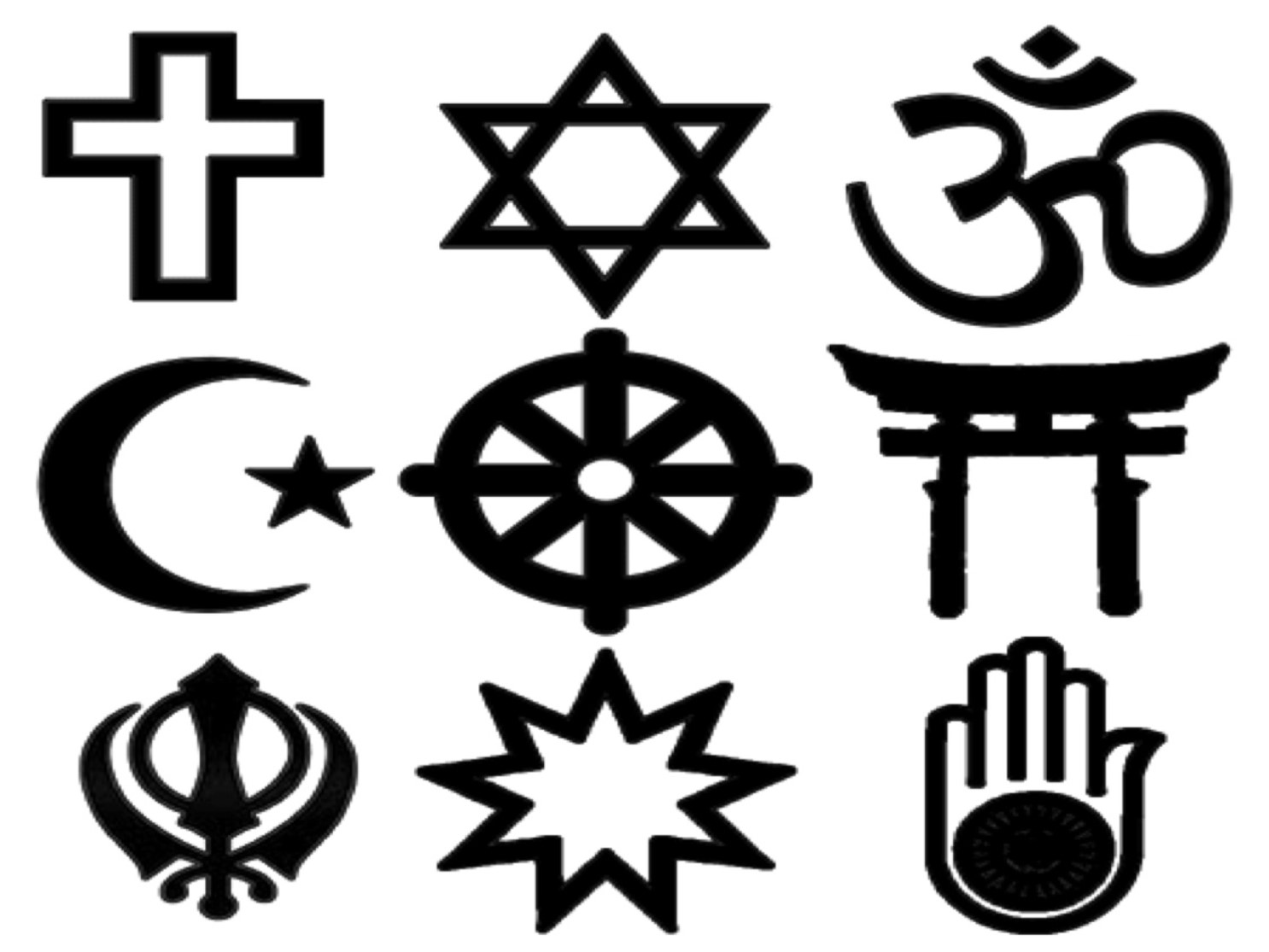Islam
Historical and Theological Comparisons
Introduction
This page explores the epistemological claims (provability) of Islam, its attempts at providing an ethical framework, and its historical development.
Messages and Resources on Christianity and Islam:
Evangelism With the New Humanity Paradigm: On Human Nature, with a Muslim
This is a sample conversation about human nature in the Sharing Jesus section of our blog site. Surah 94 in the Qur’an describes an episode in Mohammed’s life: Angels took out his heart, cleaned it up, and put it back into him, so he could be cleansed and receive the revelation of the Qur’an. This is the most helpful framework with which to explain other questions, for example of the Trinity: In Christian tradition, God becomes one of us via the Son, in order to become one with us via the Spirit, while remaining wholly other than us via the Father.
An Introduction to the Trinity vs. the Singularity: Models of God and Why They Matter
God is, and has always been, a loving community of persons. This means He is not a narcissist, but is other-centered, by nature. He is good because He is love, and everything He does is an expression of love.
The Trinity: Can Other Gods Be Personally Known?
God is immanent and locatable; God is transcendent and not contained by His appearance; and God is the link between them. This is what makes God personally knowable.
Text of a message which delves into the biblical story as the original happy ending story, and other happy ending stories as parodies that change the plot arc, villain, and hero. The message is accompanied by this chart.
How Does the Christian Faith Compare with Other Belief Systems? 6 Simple Questions
Reflection paper on six important questions to ask of every belief system. (1) Is there a victory over evil in this story? A happy ending? (2) Where is the evil located? How can it be solved? (3) Is this just ‘hero worship’ where we have to live up to an ideal on our own strength? (4) Is the scope of the story universal or parochial/nationalistic? (5) Is this faith internally consistent? (6) Is the claim externally validated? Can you evaluate this faith before stepping into it?
Human Dignity: Does Every Individual Matter?
Science, philosophy, existentialism, other religions, and double-predestination based theologies mean that some human beings do not matter. Only a fully Trinitarian theology with a medical substitutionary atonement can provide an adequate foundation.
Stories and Spirituality: Jesus’ Resurrection and How the "God" Engages Human Evil
A one page chart comparing views of God and human evil. God could role model inner peace, or change human nature as one of us, or give us better laws. The chart compares how the deity in each category interacts with concepts of good and evil, whether the deity can touch humanity, how the deity helps us deal with human evil, and whether the deity will heal the world.
Stories and Social Consequences: Jesus’ Resurrection and Comparison with Islam and Mohammed
A one page chart. In the pattern of biblical heroes, God’s messenger is first rejected by the people – because of their resistance – and then vindicated by God and believed. But the details matter. This chart explores the pattern in both Christian and Muslim understandings. What resurrection is to Jesus, military victory is to Mohammed. Several questions must be discussed: How does this shape ethics? What other factors in these traditions steer us from violence? What really happened?
Stories and Social Consequences: Islamic Political and Military History
A four page set of notes on the historical expansion of Islam, from Mohammed to the conquest of Cyprus in 1570. The Prophet Mohammed was both imam and caliph, thus uniting mosque and state. This led to military and political expansion for centuries.
Slavery in Christianity, Part 1: Slavery in the Bible, Slavery Today
Research and slides which explores the Old Testament, then the New Testament. It looks at what the Hebrew "ebed" service meant in context, and then what Greek "duolos" meant and how the New Testament understood the various ways people could enter servitude. It uses a sociological approach, exploring different ways in to becoming an “ebed” or “duolos,” what rights and responsibilities those roles had, and how one could leave and/or escape.
Slavery in Christianity, Part 2: Abolitionism from the First to Fifteenth Century
Research that demonstrates that, although “slavery” was a complex phenomenon and varied across cultural groups and time periods, Christians understood the Bible as being against chattel slavery, and most other forms as well, and that Christian faith began to abolish slavery immediately, eventually formally abolishing it in northwestern and northern Europe by the 1300’s, despite the political upheavals and rising and falling of various political regimes. I am aware of ups and downs, because kingdoms rose and fell, regimes changed, and governments were not always consistent. Nevertheless, these historical record challenges the narrative that Christianity is ambiguous at best on slavery. Rather, Christianity is the only belief system that has generated abolitionist and anti-trafficking movements. See also Slavery in Islam: From the Seventh to Twenty First Century. This raises serious questions for both Muslims and also secularists who might want to argue that all belief systems can be tolerated on neutral, rational grounds.
A paper written for Dr. Jim Skedros, for a directed study in Orthodox Arabic Christianity and Islam, at Holy Cross Greek Orthodox Church, Spring 2019.
Other Resources on Islam
Wikipedia, Women in Islam (Wikipedia article)
Wikipedia, Islamic Sexual Jurisprudence (Wikipedia article)
Wikipedia, Arab Slave Trade (Wikipedia article)
Wikipedia, Islamic Views on Slavery (Wikipedia article)
Wikipedia, Taqiyah (Wikipedia article) about the principle of lying to disguise your religion or intentions; see also Deception, Lying, and Taqiyya (Religion of Peace website)
Wikipedia, Treaty of Hudaybiyyah (Wikipedia article) a precedent from Muhammed about breaking peace treaties to Muslim advantage, see Myths of Muhammed (Religion of Peace website)
WikiIslam, Houri - Heavenly Virgin (WikiIslam article)
Stefano Nikolaou, A Survey of Byzantine Responses to Islam. Answering Islam: A Christian-Muslim Dialogue.
Jaroslav Pelikan, The Spirit of Eastern Christendom (600 – 1700 AD). University of Chicago Press | Amazon page, 1877. See chapter 5, ‘The Vindication of Trinitarian Monotheism’.
Y. Hakan Erdem, Slavery in the Ottoman Empire and its Demise 1800-1909. Palgrave Macmillan | Amazon page, 1996.
Yvonne Yazbeck Haddad and John Esposito, Islam, Gender, and Social Change. Oxford University Press | Amazon page, 1998.
Yvonne Yazbeck Haddad and John Esposito, Daughters of Abraham: Feminist Thought in Judaism, Christianity, and Islam. University Press of Florida | Amazon page, Oct 9, 2002.
R. Davis, Christian Slaves, Muslim Masters: White Slavery in the Mediterranean, The Barbary Coast, and Italy, 1500-1800. Palgrave Macmillan | Amazon page, Nov 4, 2004.
Sandra Toenies Keating, Defending the People of Truth in the Early Islamic Period: The Christian Apologies of Abu Ra'itah. Brill | Google Book, 2006.
David Thomas, Christian Doctrines in Islamic Theology. Brill Academic | Amazon page, 2008.
David Thomas, et.al, editors, History of Christian-Muslim Relations. Brill Academic | Amazon page, 2013.
Abu Daoud, Islam and Christianity. Islamdom: Islam and Christianity blog, Oct 26, 2006.
Richard Shumack, The Mystery of Suffering: Christianity and Islam on Suffering. Centre for Public Christianity, Aug 28, 2010.
Norman L. Geisler and Abdul Saleeb, Answering Islam: The Crescent in Light of the Cross. Baker Books | Amazon page, Apr 2012.
Bill Warner, Why We Are Afraid, a 1500 Year Old Secret. Political Islam, Aug 31, 2012.
Keith Hamilton, Patrick Salmon, Slavery, Diplomacy and Empire: Britain and the Suppression of the Slave Trade, 1807-1975. Sussex Academic Press | Amazon page, Mar 4, 2013.
Zosimas, Ecumenical Patriarch Bartholomew Assassination Plot in Historical Context. Facing Islam blog, May 13, 2013. Eastern Orthodoxy under Islam
Fahad Qureshi, It's Not the "Radical Islam" - It's Islam. Islam Net Video, May 19, 2013.
Mike Dash, Islam's Medieval Underworld. Smithsonian, Jul 22, 2013.
Nabeel Qureshi, How Can God be Infinite and Finite in Jesus? Did Jesus Really Claim to Be God? W. Masih, Nov 6, 2013. A short video clip.
David B. Marshall, Mohammed Enslaved Women, Then John of Damascus Weighs In. Christ the Tao blog, Nov 18, 2013.
Raymond Ibrahim, How the Muslim World Came Into Being. American Thinker, Jan 9, 2014.
Giorgio Bernardelli, The Muslim Who Gave Up His Life for Mosul's Christians. Vatican Insider, Jul 21, 2014.
Karima Bennoune, When People of Muslim Heritage Challenge Fundamentalism. TED Talk, Mar 2014.
Ismaili Gnostic, Does the Soul Exist? Consciousness, Brain, and Quantum Physics. Ismaili Gnostic blog, Jun 4, 2014.
Mario Joseph, Muslim Imam Conversion to Jesus. Changing Tracks video, Aug 17, 2014.
Alastair Crooke, You Can't Understand ISIS If You Don't Know the History of Wahhabism in Saudi Arabia. Huffington Post, Aug 27, 2014.
Tidiane N'Diaye, The Hidden History of Black Castration. The Real Hidden Colors of Slavery, Aug 28, 2014. re: the Arab Islamic slave trade of Africans
Dr. Umar Faruq Abd-Allah, Crucifixion of Christ. Seekers Hub Global, Sep 2014.
Carl Medearis, A Thoughtful Christian Response to ISIS. Carl Medearis blog, Sep 10, 2014.
Sara Leila Husseini, Early Christian-Muslim Debate on the Unity of God: Three Christian Scholars and Their Engagement with Islamic Thought. 9th Century C.E.). Brill Academic Press | Amazon page, Sep 12, 2014. features Theodore Abū Qurra, Abū Rā'iṭa and 'Ammār al-Baṣrī
Open Letter to Dr. Ibrahim Awwad Al-Badri, Alias ‘Abu Bakr Al-Baghdadi’, and to the Fighters and Followers of the Self-Described ‘Islamic State’. Letter to Baghdadi, Sep 19, 2014.
Akbar Shahid Ahmed, This Cleric Thinks ISIS Can Be Defeated with More Religion. Huffington Post, Sep 26, 2014.
Zouhair Mazouz, #NotInMyName...Or Maybe a Little. Free Arabs, Oct 10, 2014.
Economist, Slavery in Islam: To Have and to Hold. Economist, Oct 18, 2014.
Rafia Zakaria, Polygamy and Child Wives: Women's Rights Are Going in the Wrong Direction in Pakistan. New Republic, Oct 24, 2014.
John Henrick Clarke, Arab Destruction of Africans. African Hall of Knowledge, Oct 30, 2014.
M. Steven Fish, Why is Terror Islamist? Washington Post, Jan 27, 2015.
Sam Shamoun, I Am What I Am: Responses to Bismikaallahuma. Answering Islam website.
Sam Shamoun, Examining Psalm 110:1: A Look at Its Implications on God Being a Multi-Personal Being and Upon the Deity of Christ. Answering Islam website.
Nick Cohen, Sweden's Feminist Prime Minister Has Dared to Tell the Truth About Saudi Arabia (Spectator UK, Mar 28, 2015.
Azeem Ibrahim, ISIS Declares War on Mohammad's Covenant. Huffington Post, Mar 30, 2015.
Daniel Burke, World's Fastest Growing Religion Is... CNN, Apr 3, 2015.
Jerusalem Post Staff, Islamic Scholar: Wife Cannot Deny Husband Sex Even While Riding a Camel. Jerusalem Post, Apr 28, 2015.
William Saletan, Preaching to the Choir: ISIS’s leader, Abu Bakr al-Baghdadi, Sounds Like a Republican Candidate for President. Slate, May 15, 2015.
Bina Shah, No, Islam Is Not Inherently Misogynistic. Here's Why. Huffington Post, Jul 23, 2015.
John Alembillah Azumah, Ghanaian Author Speaks On How The Arab Slave Trade Has Been Ignored And Romanticized. The Real Hidden Colors of Slavery, Jul 30, 2015.
Rukmini Callimachi, ISIS Enshrines a Theology of Rape. New York Times, Aug 13, 2015.
Jacques Ellul, Islam and Judeo-Christianity. Wipf and Stock Publishers, Aug 13, 2015.
Keeping It Real, Saudi Arabs Are Still Selling Castrated Black Slaves Today. The Real Hidden Colors of Slavery, Aug 16, 2015.
Robert R. Reilly, Exterminating Christians in the Middle East. Wall Street Journal, Aug 20, 2015.
Kimberley Richards, Malcolm X Suggests Cure to Racism In Newly-Discovered Handwritten Letter. Huffington Post, Oct 20, 2015. his vision for Islam
Manal Omar, Islam is a Religion of Peace. Foreign Policy, Nov 9, 2015. comments on the very broad legal pluralism -- and confusion? -- in Islam
Ayaan Hirsi Ali, Islam is a Religion of Violence. Foreign Policy, Nov 9, 2015.
Nassim Nicholas Taleb, The Saudi Wahhabis Are the Real Foe. Politico EU, Nov 16, 2015.
Kamel Daoud, Saudi Arabia, and ISIS That Has Made It. New York Times, Nov 20, 2015.
David Batty, Saudi Court Sentences Poet to Death for Renouncing Islam. The Guardian UK, Nov 20, 2015.
Joe Cochrane, From Indonesia, a Muslim Challenge to the Ideology of the Islamic State. New York Times, Nov 26, 2015.
Adam Taylor, Saudi Arabian Executioners Are Having an Unusually Prolific Year. Washington Post, Nov 28, 2015.
Jonah Goldberg, Planned Parenthood and Those Villainous Christians. USA Today, Dec 1, 2015.
Nabeel Qureshi, Do Muslims and Christians Worship the Same God? Ravi Zecharias International Ministries, Dec 22, 2015.
Melissa Eddy, Reports of Attacks on Women in Germany Heighten Tension Over Migrants. New York Times, Jan 5, 2016.
Aaron Griffith, Wheaton's Controversy Over Muslims and Christians Ignores the School's Own History. Washington Post, Jan 5, 2016.
Christianity Today, Mayasia Rules Muslim Man Can Convert to Christianity. Christianity Today, Mar 30, 2016.
Robert Barsocchini, Father of Western Economics Took ‘Most of his Best Ideas’ from Sharia Law. Washingtons blog, May 24, 2016.
NY Times Editorial Board, The World Reaps What the Saudis Sow. New York Times, May 27, 2016.
Charlie Rose, Bill Maher Battles Charlie Rose For Comparing Islam To Christianity. Media Research Center, Jun 16, 2016.
Nabeel Qureshi, Why I Stopped Believing Islam is a Religion of Peace. Premier on Demand, Jun 27, 2016.
Ben Hubbard, A Saudi Morals Enforcer Called for a More Liberal Islam. Then the Death Threats Began. New York Times, Jul 10, 2016.
Converted2Islam, Mohammed and Blonde Women. Don’t Convert 2 Islam, Jul 25, 2016.
Mohammad Javad Zarif, Let Us Rid the World of Wahhabism. New York Times, Sep 13, 2016.
Chase Robinson, Islamic Civilization in Thirty Lives: The First 1,000 Years. University of California Press | Amazon page, Nov 14, 2016. See review by Nicholas Pelham, The People Who Helped Shape Islamic Civilization. Economist 1843 Magazine, Dec 5, 2016.
Daniel Olah, The Amazing Arab Scholar Who Beat Adam Smith by Half a Millenium. Evonomics, 2017. Ibn Khaldun described division of labor, returns on investment, etc.
Shireen Qudosi, Linda Sarsour’s Muslim Identity Politics Epitomize Feminism’s Hypocrisy. The Federalist, Jan 24, 2017.
Anthony Kuhn, Christian Governor Fights Blasphemy Charge In Muslim-Majority Indonesia. NPR, Feb 3, 2017. Are Muslims required to vote for Muslim politicians?
Tom Holland, The Origins of Islam. Rancho Mirage Writers Festival, Feb 17, 2017. Holland explores the pre-history of the Qur’an. His thesis is that Arabs took over the Eastern Roman Empire and Persian Empires, and reverse engineered the story of Mohammed as prophet as explanation for their rise. Holland thinks that Mohammed was a historical person, but Holland challenges the notion that the Arabs were originally separated from the Fertile Crescent and the Romans; Arab mercenaries learned military techniques from Roman and Persian militaries. Holland argues the black death made Arab mercenaries more influential, especially after the Roman-Persian conflict left them depleted. Holland also argues that Mecca and the Qur'an give evidence of a well-established monotheism, debating the nature of the one God. The Qur'an is like a wall of sediment in which fossils have been embedded - texts and stories that came from the edges of Jewish and Christian communities. Holland argues for an Eastern Mediterranean setting for the historical Mohammed.
Christopher de Bellaigue, The Islamic World Did Liberalise - But Then Came the First World War. The Spectator, Feb 25, 2017.
Mustafa Akyol, Is Free Speech Good for Muslims? New York Times, Mar 27, 2017.
Sidney Jones, Indonesia's Illiberal Turn After the Ahok Case. Foreign Affairs, May 26, 2017.
Stephen Kinzer, Saudi Arabia is Destabilizing the World. Boston Globe, Jun 10, 2017.
Sean Illing, An Atheist Muslim on What the Left and the Right Get Wrong About Islam. Vox, Nov 17, 2017. "The left is wrong about Islam; the right is wrong about Muslims."
Peter Schadler, John of Damascus and Islam: Christian Heresiology and the Intellectual Background to Earliest Christian-Muslim Relations. Brill Academic Press | Amazon page, Dec 2017. See review by Joshua Mugler, Reimagining Christian Identity in an Islamic World. Marginalia, May 25, 2018.
Dina Temple-Raston, The Female Quran Experts Fighting Radical Islam in Morocco. The Atlantic, Feb 12, 2018.
Tara Isabella Burton, Austria is Closing 7 Mosques and Kicking Out 60 Imams. Vox, Jun 8, 2018.
Hassan Hassan, The True Origins of ISIS. The Atlantic, Nov 30, 2018.
Scott McConnell, The Immigrants Challenging Europe’s Code of Silence on Islam. The American Conservative, Jan 11, 2019. "They have been liberated by their ethnic backgrounds to speak more candidly than the vast majority of their countrymen"
Nazia Parveen, Birmingham School Stops LGBT Lessons After Parents Protest. The Guardian UK, Mar 4, 2019. re: Muslim parents
Daniel Philpott, Both Sides of the Culture War Are Partially Wrong About Islam. Church Life Journal, May 14, 2019. examines religious freedom in Muslim majority and Christian majority nations; “A landscape view shows that on average, Muslim-majority states are less free than the rest of the world and even less free than Christian-majority states. In the 2011 book, The Price of Freedom Denied, sociologists Brian J. Grim and Roger Finke document that 62% of Muslim-majority countries host a moderate to high level of persecution, in comparison with 60% of all other countries and 28% of Christian countries. More sharply, they show that 78% of Muslim-majority countries contain high levels of government restrictions on religion as compared to 43% of all other countries and 10% of Christian countries. Overall, the Muslim-majority world has a religious freedom problem.”
Henry Abramson, I Survived Jewish History, Part 5: Jews under Islamic and Christian Rule. Henry Abramson, Mar 8, 2020. Dr. Abramson is a very respectable historian who is Jewish. His comparison on historical, ideological, and sociological grounds is very helpful. The start of the Christian Crusades put into motion horrific anti-Jewish actions.
Vijeta Uniyal, Al Qaeda Cheers Taliban’s “Historic Victory,” Calls for Global Jihad. Legal Insurrection, Sep 2, 2021. “This victory demonstrates what the Islamic nation is capable of when it unites (and) proves that the way of jihad is the only way,” the group said in its first official statement on the developments in Afghanistan.”
Kings and Generals, Arabia Before Islam: Religion, Society, Culture Documentary. Kings and Generals, Sep 21, 2021. Spotlights the shifting tribal allegiances and movements; status of women; lack of written law code; trading patterns; pre-Islamic annual pilgrimages to Mecca; Arabic and Jewish tribes; various Christian influences and the Banu Hanifa people who practiced a monotheistic Abrahamic faith.
Michael Reneau and Mustafa Akyol, Islam, Blasphemy, and the Murder of Salwan Momika. The Dispatch, Feb 16, 2025.
Proof: Topics:
These resources on Other Beliefs explore the epistemology (proof for, and provability), metaphysics (ideas about God and reality), ethics, and historical development of various belief systems. Comparisons are drawn between Christian faith and Hinduism and Buddhism, Judaism, Islam, Mormonism, and Atheism.

